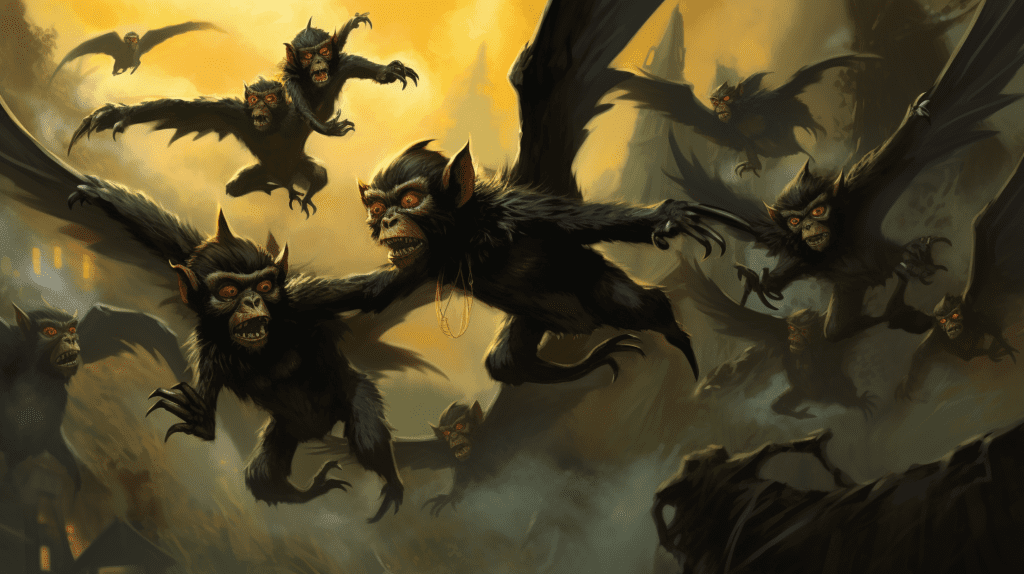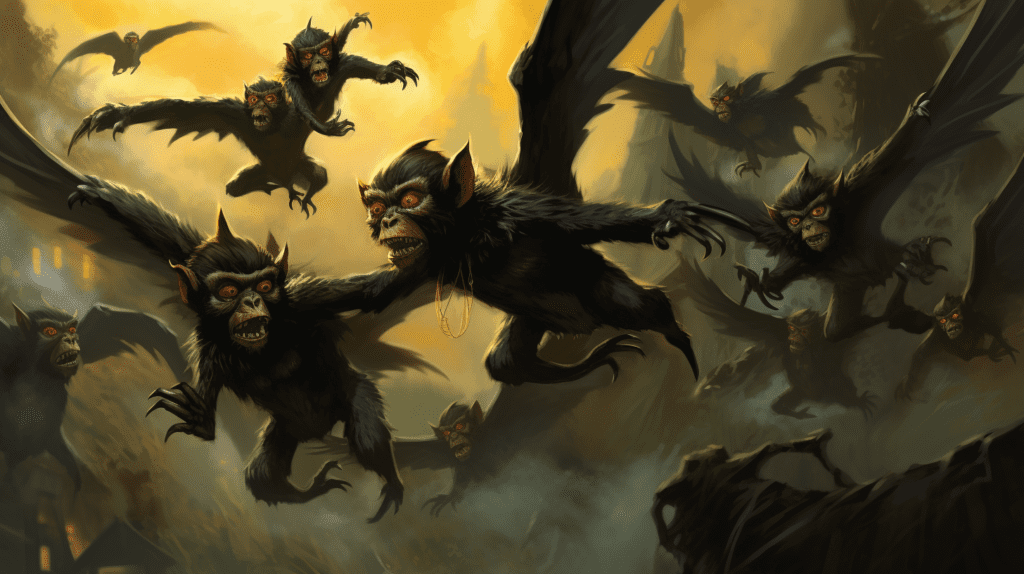Psychological splitting, also known as black and white thinking, is a defense mechanism used by individuals to cope with their emotional conflicts and to manage their sense of self. It involves dividing the world and people into two distinct categories of good and bad, with little to no room for nuance or complexity. Splitting can be seen as a way to simplify a complex reality, but it can lead to distorted perceptions and negative outcomes in personal relationships and social interactions.
Splitting occurs when a person experiences a strong internal conflict, such as anxiety, guilt, shame, or anger, and attempts to resolve the cognitive dissonance by simplifying their perception of reality. This can involve idealizing certain individuals or situations as “all good” and devaluing or demonizing others as “all bad”. For example, a person who is experiencing difficulty in a romantic relationship may idealize their partner as perfect and loving one day, but then see them as cruel and hurtful the next. This can result in an unstable sense of self and difficulty with emotional regulation.
The roots of splitting can be traced back to childhood experiences and relationships. Children who have experienced inconsistent parenting or have had difficult relationships with their caregivers may learn to split in order to cope with their emotions. For example, a child who experiences frequent punishment or criticism may learn to see themselves as “all bad” while seeing their parent as “all good”. This helps them to preserve a positive view of their parent while avoiding feelings of guilt, anger or shame.
Negative outcomes of splitting
Splitting can lead to several negative outcomes, including impaired social relationships, increased stress, and difficulty with decision-making. In interpersonal relationships, splitting can cause individuals to view others in rigid and unrealistic ways, leading to conflicts and misunderstandings. For example, a person who sees themselves as “all good” may have difficulty acknowledging their own flaws and taking responsibility for their actions, leading to strained relationships. Similarly, a person who sees others as “all bad” may struggle to trust or form positive relationships.
Splitting can also cause distress and anxiety, as individuals may feel overwhelmed by their emotions and struggle to make sense of their experiences. This can result in negative self-talk, where individuals may engage in self-blame or self-criticism, leading to feelings of inadequacy and low self-esteem. Additionally, splitting can interfere with decision-making, as individuals may struggle to see the complexity of situations and make well-informed choices.
Treatment for splitting involves helping individuals to develop a higher resolution picture and balanced view of themselves and others. This can involve exploring past experiences and relationships to identify the roots of the splitting pattern and learning new coping strategies for managing emotions. Psychotherapy, such as cognitive-behavioral therapy (CBT) and dialectical behavior therapy (DBT), can be effective in helping individuals to identify and challenge their negative thought patterns and develop more adaptive coping skills. Mindfulness practices and self-compassion can also help individuals to regulate their emotions and increase their sense of self-awareness.
In conclusion, psychological splitting is a defense mechanism used by individuals to cope with emotional conflicts and manage their sense of self. It involves dividing the world and people into two distinct categories of good and bad, and can result in distorted perceptions and negative outcomes in personal relationships and social interactions. Treatment for splitting involves exploring past experiences, developing coping strategies, and learning to view oneself and others in a more balanced and nuanced way. With proper treatment and support, individuals can develop more adaptive coping skills and improve their emotional well-being.











